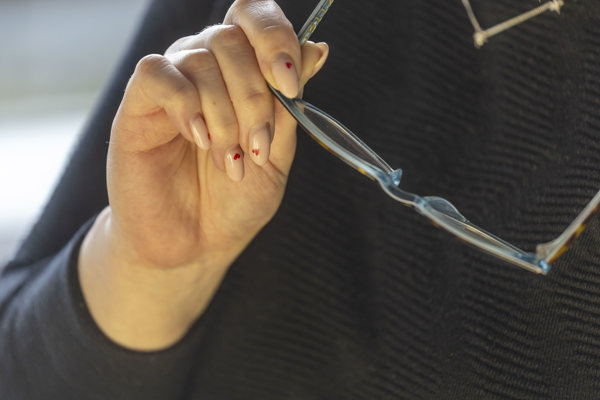In the run-up to the COP26 Conference in 2021, the Advertising Standards Agency (the ASA) pledged to crack down on misleading and socially irresponsible environmental advertising claims (often referred to as ‘greenwashing’) with a view to supporting the global effort to tackle the climate crisis.
The UK advertising watchdog has since implemented this pledge and is expanding its investigation into the accuracy of green claims made by companies. Already, since the start of this year, we have seen three giants of the food and drink sector fall foul of the standards.
Pepsi Lipton International, the producer of Lipton Ice Tea, was the first company to be censured by the ASA for making misleading sustainability claims in January of this year. A complaint was made about a poster for the famous Ice Tea brand which stated that the product was “100% recycled”, with small text at the bottom of the poster which read “Bottle made from recycled plastic, excludes cap and label”. The complaint suggested that the advertisement misleadingly implied that the entire bottle was made from 100% recycled plastic.
Pepsi Lipton International suggested that there was a general understanding by consumers that bottle caps and labels were not generally made of recycled materials but the ASA held that the overall impression of the advert was that all components of the bottle were made entirely from recycled materials and the qualification “was insufficient to counter that impression”.
Shortly after the decision regarding the Lipton Ice Tea advertisement, the ASA was forced to decide on another similar matter after receiving over one hundred complaints from the campaign group A Greener World about the Oatly marketing campaign which comprised of a variety of TV ads, national press ads and paid for posts on social media.
In the national newspaper advertisement, Oatly claimed that “climate experts say cutting dairy and meat products from our diets is the single biggest lifestyle change we can make to reduce our environmental impact”. In Oatly’s first TV advert, on screen text stated “Oatly generates 73% less CO2e vs. milk, calculated from grower to grocer”. Further, the paid-for posts on social media stated that “the dairy and meat industries emit more CO2e than all the world’s planes, trains, cars, boats etc., combined”.
After an assessment of the claims, the ASA banned a high-profile marketing campaign by the Swedish oat milk brand, after deciding that the green claims made in the advertisements were misleading and not backed up by sufficient evidence. It was held that Oatly had overstated the emissions of the meat and dairy industry and as a result the ASA told Oatly that the advertising campaign must not appear again in the form complained about.
Most recently, the drinks firm Innocent has had its advertisements banned by the advertising regulator over complaints that the advertisements misled consumers as to the environmental impact of the products. The adverts in question showed characters encouraging people to “get fixing up the planet” by purchasing Innocent drinks. The complainants, including the activist group, Plastics Rebellion argued that the advertisement implied that drinking smoothies from a disposable plastic bottle was good for the environment.
The ASA suggested that the misleading nature of the advertisements stemmed from the fact that they implied that purchasing Innocent products “was a choice that would lead to a positive environmental impact”. The regulator referred to the fact that Innocent’s plastic bottles included non-recycled plastic and that the extraction of raw materials and subsequent processing of those materials in order to produce the bottle would have a negative impact on the environment.
At a time when consumers are increasingly concerned about knowing the environmental impacts of the products they purchase, it is no surprise that the volume of complaints leading to ASA rulings has increased dramatically in recent years. The ultimate objective of the ASA’s crackdown is to add to the pressure on companies to do more to ensure their products and business practices are more environmentally and socially responsible and to prevent customer confusion by “greenwashing”.
This article was co-written by Clare Tuohy, Trainee Solicitor.


